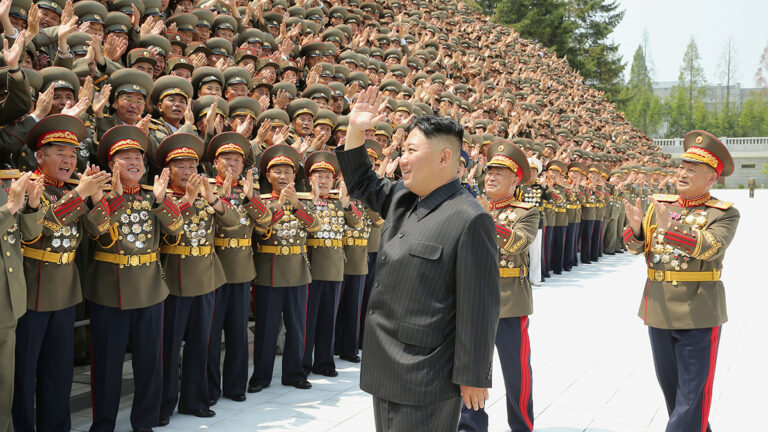
The relationship between North Korea and Japan has been tense for decades, with historical grievances and ongoing security concerns contributing to the ongoing tension. North Korea’s military capabilities, including its nuclear weapons program and ballistic missile development, have been a major source of concern for Japan and the international community.
North Korea’s continued focus on developing its military force is illustrated by its recent announcement that it plans to launch a new spy satellite. This move is likely to be seen as a further provocation by Japan, which has already voiced its concerns about North Korea’s missile program and other military activities. The regime has also conducted several nuclear tests in recent years, drawing widespread condemnation from the international community.
Beyond the security concerns, however, there are also significant human rights issues at play in North Korea. The regime has been widely criticized for its treatment of its own citizens, including reports of forced labor, political repression, and brutal prison camps where thousands of people are held in inhumane conditions. Despite these challenges, North Korea continues to prioritize military development over social and economic development within the country.
This focus on military development comes at a high cost for the North Korean people. The regime spends an estimated 25% of its GDP on defense, while many ordinary citizens struggle to access basic necessities like food and healthcare. In addition, the sanctions imposed by the international community in response to North Korea’s nuclear weapons program have further isolated the country and exacerbated its economic problems.
Despite these challenges, there are some signs of progress. The historic meeting between North Korean leader Kim Jong-un and South Korean President Moon Jae-in in 2018 raised hopes for improved relations between North Korea and its neighbors. However, much work remains to be done to address the critical situation in North Korea, including its human rights abuses and military development.
In conclusion, the situation in North Korea remains highly complex and challenging, with ongoing tensions with Japan, continued military development, and serious human rights issues. It will be essential for the international community to continue to monitor the situation closely and work towards a peaceful and just resolution of the ongoing crisis.
